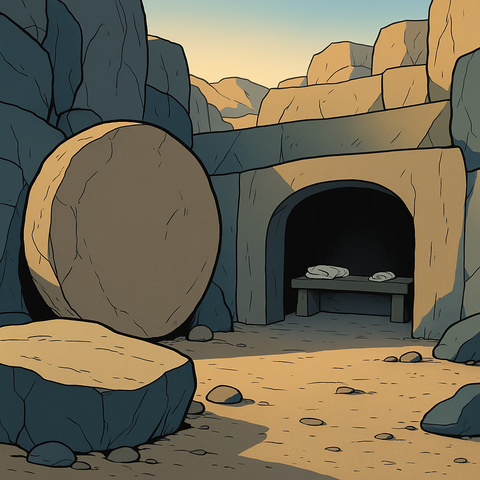
Timeline of Jesus’ Death and Resurrection
The timing of Jesus’ death and resurrection has often been misunderstood. This is due to confusion about Jewish calendar customs and an unfortunate chapter division in the book of Matthew.
The Jewish day began at sunset (between 4:35pm and 7:45pm, depending on the season), not at midnight. Additionally, what we often call the ‘Passover’ was actually a seven-day-long festival, with Nisan 14th being the Day of Preparation when lambs were sacrificed, followed by the actual Passover meal on Nisan 15th.
Understanding this timing helps us see how Jesus, as ‘God’s Lamb’, was sacrificed at the exact time the Passover lambs were being slaughtered in the Temple.
‘Contradictions’ resolved
This timeline resolves several apparent contradictions that have troubled readers over the centuries.
It explains:
-
Why Jesus’ last meal wasn’t the traditional Passover meal (it was held the evening before).
-
Why the Jewish leaders couldn’t enter Pilate’s palace (they still needed to eat the Passover).
-
Why the Gospel accounts actually all agree on the timing of the resurrection (an incorrect chapter division in Matthew, added in the middle ages, created an artificial timing problem).
The events fit together perfectly when we understand the Jewish calendar, Jewish customs, and the incorrect chapter division in Matthew.
This timeline traces Jesus’ final days chronologically, from his last meal with his disciples through his ascension to heaven. Each event is carefully placed within the Jewish calendar system, showing how perfectly these events fulfilled the Passover symbolism.
Timeline
Nisan 14th, Early Evening (Thursday Early Evening)
Prepare a Room
Jesus sends disciples to prepare a room for a meal - notably not asking them to prepare a Passover lamb.
Nisan 14th, Late Evening (Thursday Night)
The Last Supper
This was not the Passover meal itself, but rather his final teaching supper with his disciples on just as the Day of Preparation was beginning (Nisan 14th, remember, days start at sunset).
During this meal, Jesus institutes the ‘Lord’s Evening Meal’ with bread and wine, washes his disciples’ feet, and gives his final instructions.
Matthew 26:20-30; Mark 14:17-26; Luke 22:14-39; John 13:1-17:26
Nisan 14th, Late Night (Thursday Night / Friday Morning)
Garden of Gethsemane and Arrest
Jesus prays in Gethsemane while his disciples sleep. He is arrested by temple guards led by Judas. His disciples flee.
Matthew 26:36-56; Mark 14:32-52; Luke 22:39-53; John 18:1-11
Nisan 14th, Early Morning Before Dawn (Friday Before Dawn)
Religious Trials
Jesus faces multiple religious trials: first before Annas, then Caiaphas and the Sanhedrin. Peter denies Jesus three times before the rooster crows.
Matthew 26:57-75; Mark 14:53-72; Luke 22:54-71; John 18:12-27
Nisan 14th, Early Morning (Friday Morning)
Civil Trials
Jesus is brought before Pilate, then Herod, then back to Pilate. The Jewish leaders cannot enter Pilate’s palace ‘because they wanted to eat the Passover’ - confirming this was still the Day of Preparation.
Matthew 27:1-26; Mark 15:1-15; Luke 23:1-25; John 18:28-19:16
Nisan 14th, 9am-3pm (Friday)
Events During the Crucifixion
While Jesus hangs on the cross:
- Soldiers cast lots for his clothing, fulfilling Psalm 22:18.
- Jesus speaks to his mother Mary and John: ‘Woman, here is your son… Here is your mother’.
- He speaks with the two criminals crucified beside him, promising paradise to one.
- Darkness covers the land from noon until 3pm.
Matthew 27:35-44; Mark 15:24-32; Luke 23:32-43; John 19:23-27
Nisan 14th, 3pm (Friday Afternoon)
Jesus’ Death
Around the ninth hour (3pm):
- Jesus quotes Psalm 22: ‘Eli, Eli, lama sabachthani’ (likely a reference to Psalm 22).
- Some misunderstand and think he’s calling for Elijah.
- The temple curtain tears in two from top to bottom.
- An earthquake occurs and tombs break open.
- The centurion declares ‘Surely this was God’s Son!’
Different accounts give different summaries of Jesus’ last words, with Luke and John simply giving the jist of his Psalm 22 reference. See our translator note.
Matthew 27:45-56; Mark 15:33-41; Luke 23:44-49; John 19:28-37
Nisan 14th, Between 3pm and 6pm (Friday Before Sunset)
Burial
Joseph of Arimathea and Nicodemus quickly bury Jesus before sunset, when both the Sabbath and Passover feast would begin.
Matthew 27:57-61; Mark 15:42-47; Luke 23:50-56; John 19:38-42
The Sabbath: Nisan 15th, After Sunset (Friday Evening)
Passover
Jews all over the world celebrate the Passover meal.
This was not just a normal Sabbath, but a special Sabbath because Passover happened to fall on a Sabbath.
John 19:31 notes:
‘…because that was a Great Sabbath.’
The Sabbath: Nisan 15th, Daytime (Saturday)
Guards Assigned to the Tomb
The chief priests secure Pilate’s permission to post a guard at the tomb. Jesus’ body remains in the tomb through the Passover and weekly Sabbath.
Nisan 16th Dawn (Sunday Morning)
The Resurrection
Early on the first day of the week, Jesus rises from the dead. Women arrive at dawn to find the tomb empty and encounter angels announcing his resurrection.
His death spread into part of three days (from the afternoon of Nisan 14th when he was crucified, then through the 15th, until his resurrection on the 16th).
Although Jesus stated that he would be in the heart of the earth ‘for three days and three nights,’ (Matthew 12:40) that was likely just an idiom to mean part of three days. In common speech, Jews counted any part of a day as a full day (known as inclusive reckoning).
Nisan 16th-Iyar 26th (40 Days)
Post-Resurrection Appearances
Jesus appears to various disciples over forty days, providing many convincing proofs that he is alive.
Matthew 28:16-20; Luke 24:13-49; John 20:19-31; John 21:1-25; Acts 1:3-8; 1 Corinthians 15:5-7
Iyar 26th (40 Days After Resurrection)
The Ascension
Jesus ascends to heaven from the Mount of Olives. The disciples return to Jerusalem to await the promised holy breath.
Timelines: Bible History
 Timeline of the Kings of Israel and Judah
Timeline of the Kings of Israel and Judah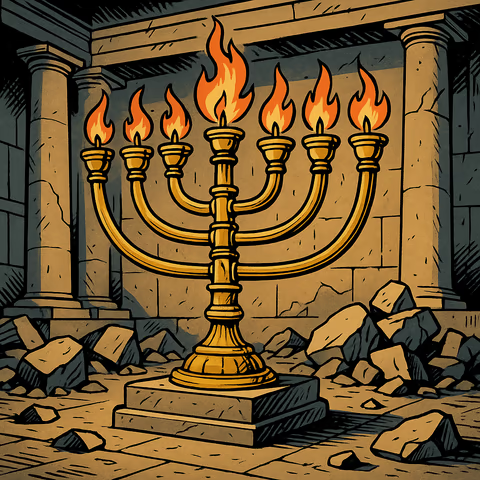 Timeline of the Maccabeean Period
Timeline of the Maccabeean Period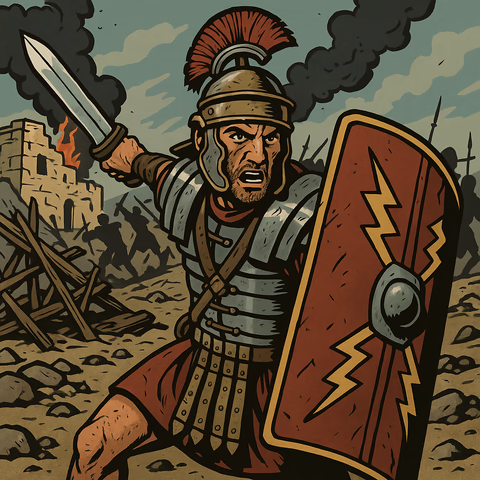 Timeline of the Jewish-Roman Wars
Timeline of the Jewish-Roman Wars Timeline of Jesus' Death and Resurrection
Timeline of Jesus' Death and Resurrection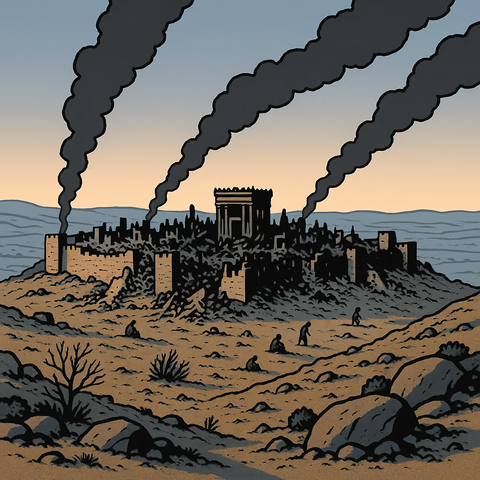 Timeline of the Babylonian Exile and Restoration
Timeline of the Babylonian Exile and Restoration
Timelines: Doctrines
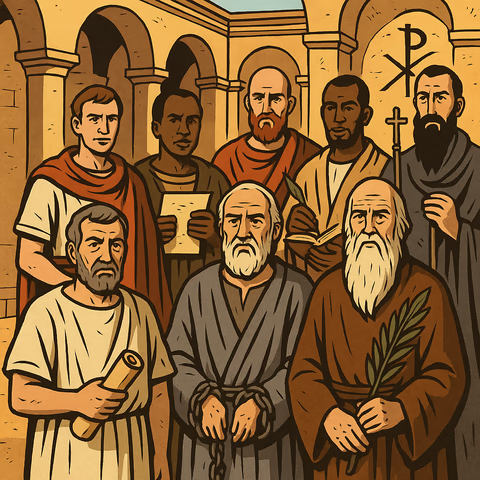 Timeline of Church Fathers and their Doctrines
Timeline of Church Fathers and their Doctrines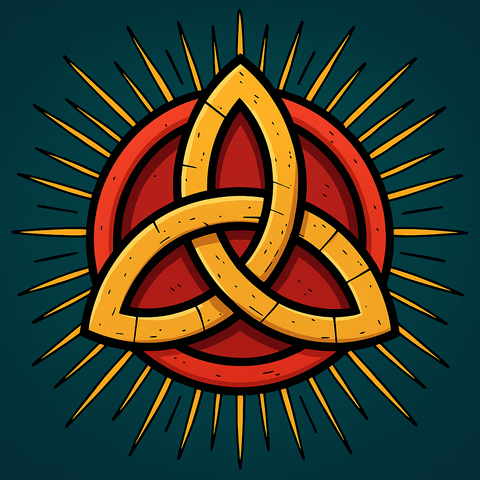 Timeline of the Trinity Doctrine
Timeline of the Trinity Doctrine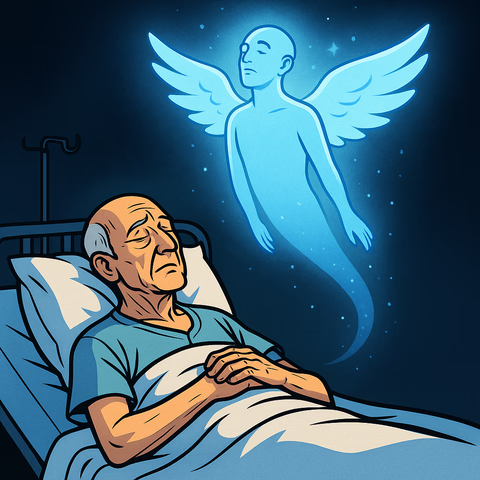 Timeline of Afterlife Doctrines
Timeline of Afterlife Doctrines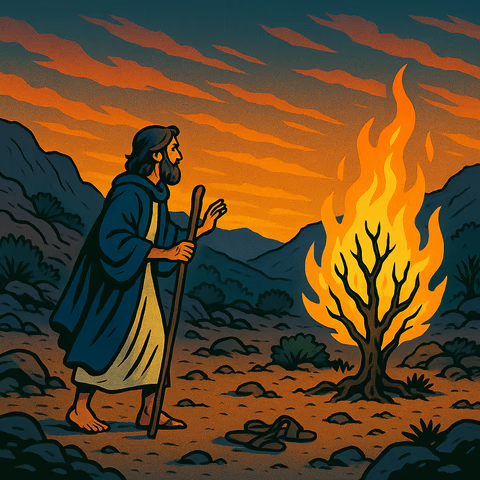 Timeline of God's Name
Timeline of God's Name
Timelines: Miscellaneous
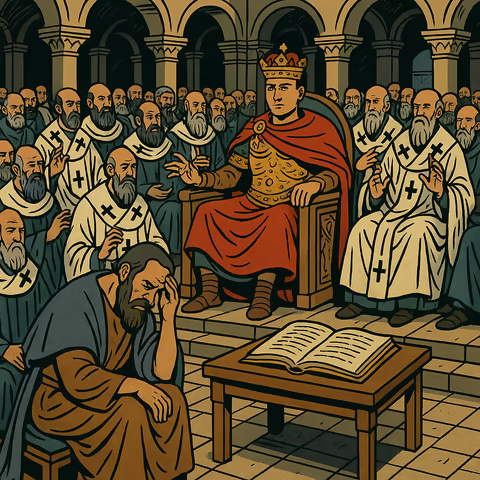 Timeline of Bible Canon Formation
Timeline of Bible Canon Formation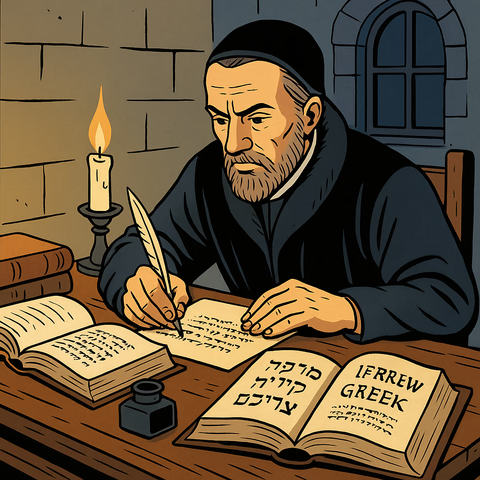 Timeline of Bible Translation
Timeline of Bible Translation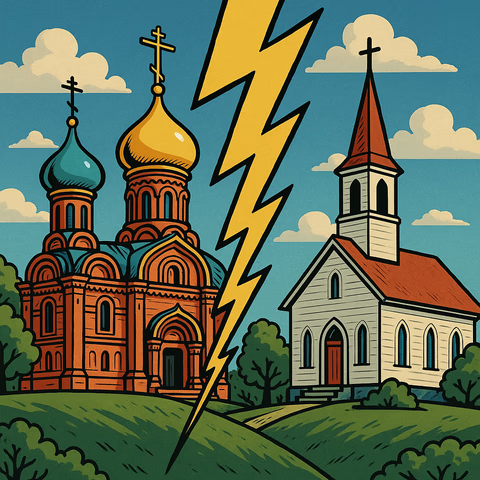 Timeline of Church Schisms, Gnostics, and Sects
Timeline of Church Schisms, Gnostics, and Sects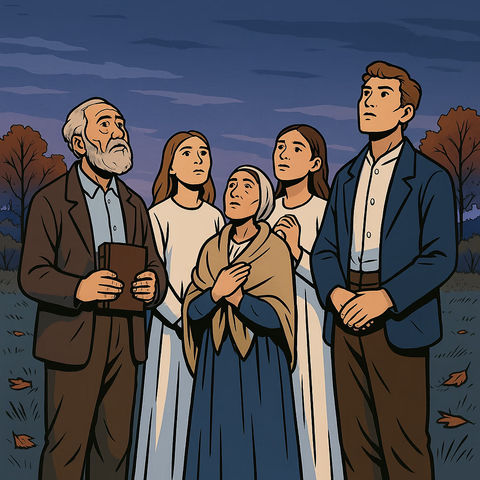 Timeline of Failed Apocalyptic Predictions
Timeline of Failed Apocalyptic Predictions
Also see our Articles index and our About section.